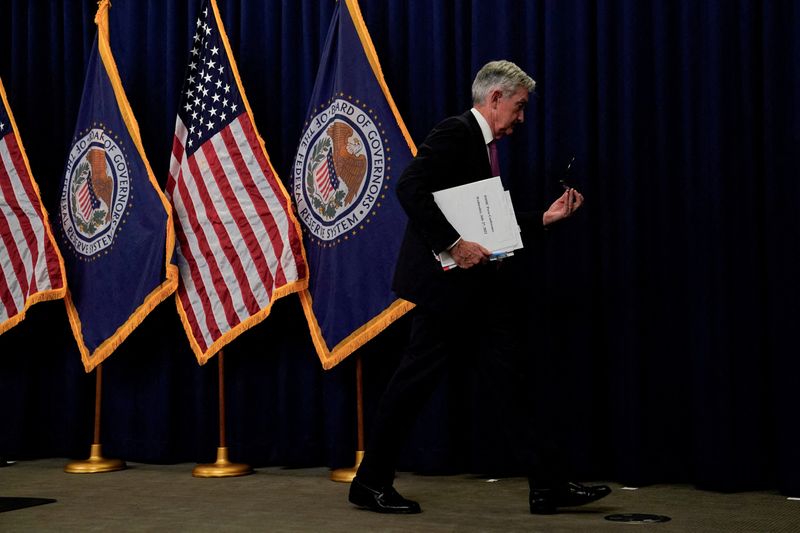A look at the day ahead in U.S. and global markets from Mike Dolan.
Even as U.S. markets readjust to the harsher interest rate horizon that emerged from last week's Jackson Hole conference, storm clouds overseas are impossible to ignore for those fearful of global recession and eye-watering inflation.
Europe's blinding Russia-related energy price shock - where wholesale natural gas prices are more than five times where they were a year ago and electricty contracts for next year up to 10 times pricier than 12 months ago - reinforces the inflation, interest rate and recession risks across the Atlantic.
With Russian gas through the Nordstream 1 pipeline expected to halt again for maintenance for three days from Wednesday, anxiety levels in energy and power markets reached fever pitch again on Monday. And now the European Union is being forced to consider intervention that may involve price caps and a rethink of the entire gas-driven electricty pricing market. [L8N3054KB]
Germany, which has warned for months about the need to avoid a Lehman Brothers moment for the energy sector, tried to calm the horses this week by showing its winter gas storage well ahead of schedule, ongoing domestic and EU support and the prospect of subsiding prices.
The prospect of EU-wide action pulled power and natural gas prices back sharply from their peaks on Tuesday - but the cost to governments of easing the burden and serial bailouts is being counted in bond markets. What's more, wider energy worries were aggravated by higher crude oil prices this week as unrest in Iraq added to a disturbing geopolitical picture.
Currency markets have been one way that macro markets have tried to price the U.S.-Europe differential hit - sending the dollar soaring again over the past week against the euro and sterling. It slipped back again on Tuesday as European energy prices eased.
But the prospect of even higher inflation is goading the European Central Bank and Bank of England into higher interest rate rises, with futures markets now leaning to a 75bp hike from the ECB at its next meeting and a peak BoE rate next year in excess of the Fed at almost 4.5%. There was some relief that August euro zone inflation readings this week were leveling off but the coming winter energy shock means higher rates are due.
Global stock markets and U.S. futures caught a break on Tuesday after two days of heavy selling on Fed worries and hopes of some break in the European energy crunch.
Key developments that should provide more direction to U.S. markets later on Tuesday:
* U.S. September Consumer Confidence report
* U.S. July JOLTS data on job vacancies
* U.S. Corporate Earnings: Best Buy

European power prices https://fingfx.thomsonreuters.com/gfx/mkt/gkvlgorqlpb/One.PNG
European Countries by Energy Storage https://graphics.reuters.com/GLOBAL-ENERGY/EUROPE-STORAGE/klvykwxzgvg/chart.png
(By Mike Dolan, editing by Gareth Jones mike.dolan@thomsonreuters.com. Twitter (NYSE:TWTR): @reutersMikeD)